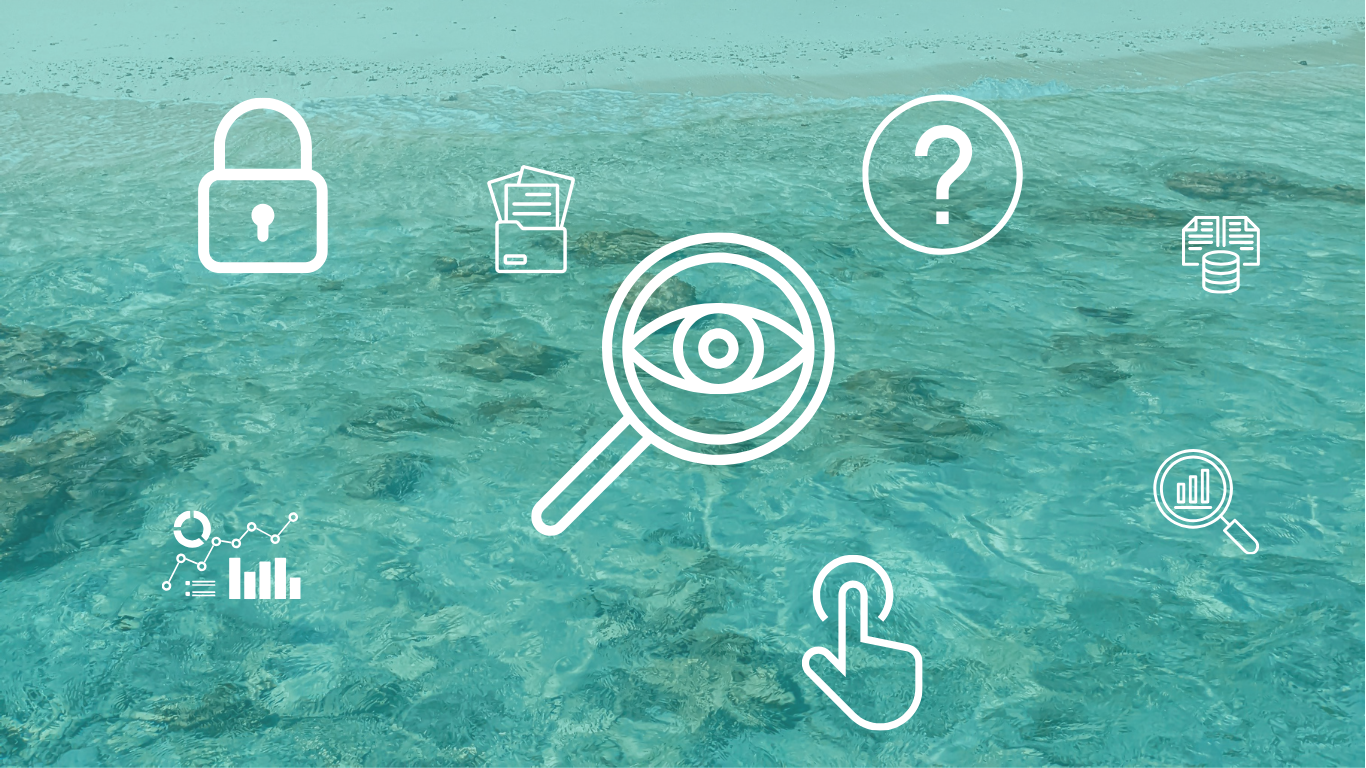
TP 2 : OBSERVATION
Duration: 120 Months
Project leaders: CNRS, IRD, University of Brest
Key partners : University of Réunion, University of Mayotte, University Paris 1, University of Nantes, National Museum of Natural History (MNHN)
Key international partners: Eduardo Mondlane University (Mozambique), University of Comoros
The objective of the BRIDGES-OBSERVATION targeted project is to define and implement a long-term interdisciplinary observatory of the marine social ecological systems (SES) in case study countries. To achieve this objective, the observation strategy will be optimized throughout the entire observation chain including data collection, processing, validation, storage, dissemination, and re-use phases, by i) combining frugality and efficiency procedures, ii) making data available for all stakeholders in the WIO region, and iii) developing frameworks, tools, and innovative platforms in an adaptive way.
Interdisciplinary research (i.e., physical oceanography, chemistry, ecology, fisheries, and human and social science) will support that initiative at multiple scales both in space and time.
BRIDGES-OBSERVATION also aims to respond to the requirements for coordinating the observation chain with existing observatories in the case study countries and building up local capacity through a collaborative and equitable approach. Specifically current observation systems will be articulated in five coastal sites in Réunion Island, Mayotte, Mozambique, Comoros, and (possibly) Madagascar, and in the South-West Indian Ocean regional site (including the Mozambique Channel). Relevant connection with similar initiatives within the WIO region will be given high consideration.

The top priorities of the BRIDGES-OBSERVATION project are the following:
- To define the “ideal” observatory through:
- surveys and critical analysis of the existing systems,
- the identification of key parameters and indicators,
- planning and monitoring observation systems.
- To carry out data collection for estimating a common set of indicators in the study sites using standardized methods within and across the study sites,
- To optimise, adapt, and sustain the overall observation strategy.
The project will benefit from the consortium’s experience in defining and implementing sustainable, interdisciplinary marine observatories such as the ILICO Research Infrastructure, among others.
The operational approach of the BRIDGES-OBSERVATION project is firmly oriented towards FAIR (Facilitated implementation, Accessible, Integrative, and Respectful) observation processes.
Type of data involved: All data required to respond effectively to the BRIDGES research questions. Defining these data is part of the activities of BRIDGES-OBSERVATION.
- Meetings and workshops to define and adapt the “ideal” observatory of marine SES
- Interdisciplinary data acquisition through a diversity of observation methods (e.g., surveys, oceanographic campaigns, in situ sensors, multi-source remote sensing)
- Annual workshops in partner countries to disseminate methodological developments, share best observation practices, and strengthen national capacities for observing marine SES and storing, analysing, and sharing observation data.
2024
- Contract validation and kick-off meeting in Réunion Island
2024-2025
- Defining the “ideal” observatory of marine SES and the appropriate conditions for implementing the observation strategy in the country study sites
2026-2033
- Data acquisition and optimisation of the observation strategy with partner organizations
Christophe DELACOURT (University of Western Brittany, Brest)

Christophe Delacourt is a professor at the University of Western Brittany (Université́ de Bretagne Occidentale – UBO) and assigned to the Geo-Ocean Laboratory (UMR-6538) that he directed from 2012 to 2016. He is also a scientific delegate with CNRS Earth & Space where he is in charge of coastline, coastal and overseas research. He co-founded́ the DYNALIT National Observation Service and the ILICO research infrastructure which he co-directed from 2016 to 2022.
His research focuses on the transfer of sedimentary matter from catchment areas to the deep ocean and at different timescales. For the purpose of his work, he develops methodologies and instruments for multi-sensor land/sea remote sensing (passive remote sensing: hyper-spectral, thermal infrared, active remote sensing – acoustic, lidar, radar) and also multi-platforms (satellite, plane, drone, ship). These are used to quantify matter transfers and thus enhance our understanding of the processes that underpin these according to the associated risks. He works in interaction with colleagues from different scientific communities including geographers (risks), biologists (coral environments), engineering scientists (sensors and information processing) and physicists (erosion processes). More recently he was involved́ in setting up interdisciplinary observatories like SNO Dynalit, IR ILICO, SOERE Trait de Côte.
Marc LÉOPOLD (IRD)

Marc Léopold has a PhD in fisheries economics from the University of Western Brittany (UBO) and is assigned to the IRD at the ENTROPIE research unit (UMR 9220) as a fishery scientist. He investigates the dynamics of coastal fisheries systems in countries in the South, particularly in the South-West Indian Ocean where he was assigned from 2017 to 2021. More specifically his research focuses on social ecological interactions, resource and fisheries assessment methods, fishery management effectivenesś, and governance processes with particular focus on spatial temporal dynamics. He uses interdisciplinary and transdisciplinary research approaches that involve collaboration with stakeholders and action-oriented projects. Applications include collaborative and participative monitoring methods of the status of fish and invertebrate resources and fishing activities in data-poor contexts with limited institutional and scientific capacities. Since 2020, he has co-led the fisheries component of the Mikaroka International Laboratory in Madagascar.
BRIDGES OBSERVATION latest news

No news